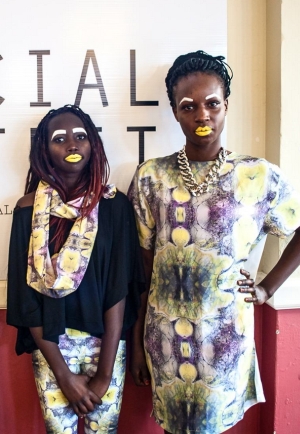Home
About Us
Page 2
The types of research instruments that can be purchased under this program are nuclear magnetic resonance systems, electron and confocal microscopes, mass spectrometers, protein and DNA sequencers, biosensors, x-ray diffractometers and cell sorters.
|
|
The minimum cost of the instruments will be $100,000 each, and the maximum amount that will be granted per application will be $600,000.
The institutions and organizations that will be eligible to submit an application under the Shared Instrumentation Grant Program are the following:
a) Public/State Controlled Institutions of Higher Education
b) Private Institutions of Higher Education
c) Hispanic-serving Institutions
d) Historically Black Colleges and Universities (HBCUs)
e) Tribally Controlled Colleges and Universities (TCCUs)
f) Alaska Native and Native Hawaiian Serving Institutions
g) Nonprofit Organizations Other Than Institutions of Higher Education
The Department of Health and Human Services, the mother agency that is funding the Shared Instrumentation Grant Program, is the nation's principal agency that is largely responsible for protecting the health of all Americans and ensuring the provision of fundamental health and human services to all people needing such services.
Shared Instrumentation Grant Program
Back to Page 1
About The Author Iola Bonggay is an editor of TopGovernmentGrants.com one the the most comprehensive Websites offering information on government grants and federal government programs. She also maintains Websites providing resources on environmental grants and grants for youth programs. |
Additional Resources
category - Health Grants
Grand Challenges in Global Mental Health: Integrating Mental Health into Chronic Disease Care Provision in Low- and Middle-Income Countries
Health Care Fraud Program Expansion and Senior Medical Patrol Capacity Building Grants
Strategic Alliances for Medications Development to Treat Substance Use Disorder Program
Advanced Neural Prosthetics Research and Development Program
Follow @topgovtgrant
Social Entrepreneurship
Spotlight
Social Enterprise Trains Migrants and Refugees with Fashion-Industry Skills

Sydney TAFE has teamed with a new clothing and retail social enterprise, The Social Outfit charity, to launch a dynamic collaboration that would enable students to gain real fashion industry skills and take on their own creativity and rich cultural heritage to produce garments for The Social Outfit’s store and adjoining workshop in Newtown.
